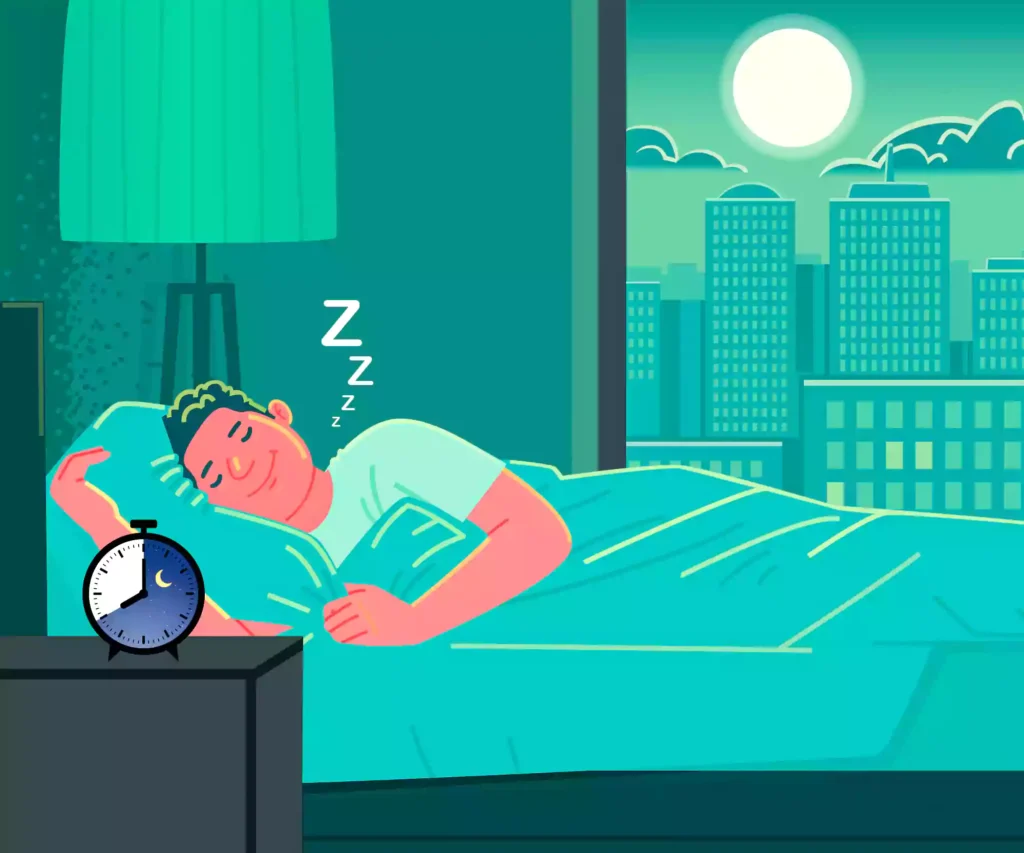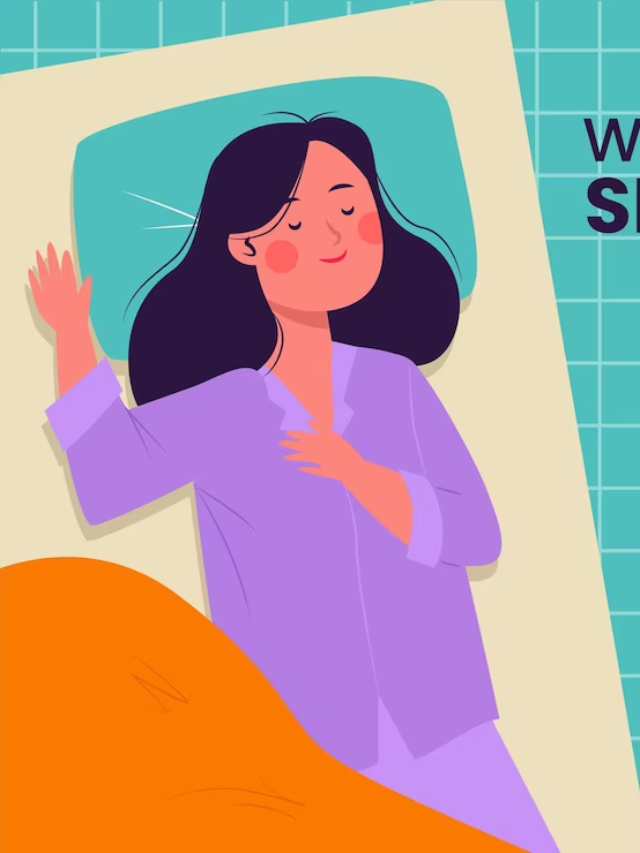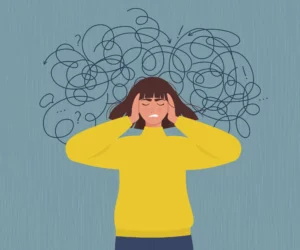
Have you ever promised yourself, “OK, tomorrow I will get more sleep,” and broken that promise several nights in a row? If you’re not sleeping well (you can check out the indications of poor sleep here), that needs to change for a number of reasons. Poor sleep impacts your immune system, physical processes, and mental performance. It also makes you unhappier and more prone to illness. Thankfully, being caught in a constant loop of late nights is not inescapable. It is possible to build in practices to help you sleep better. All you need to do is try your best to be consistent and recognise how much sleep you need to be fully functional, happy, and healthy. Here are some easy-to-follow practices to help you sleep well and get all the shut-eye you need.
What you can do to sleep well
Clichéd as it sounds, sleeping well is a matter of building a habit. Many of us are currently used to sleeping late, often watching movies or using our mobile phones until we doze off from sheer exhaustion. People who have suffered from sleep disorders or anxiety might also actively avoid going to sleep till they feel so exhausted they have no choice.
To those, I say, “How about incorporating habits into your routine that will help you sleep better?” They’re pretty straightforward, really:
1. Restore your sleep in small ‘dozes’
In order to break the habit of sleeping late, you need to start scaling back, but in manageable chunks. For example, if you currently sleep at 2 am, you’re not going to start sleeping by midnight the next day. Try going to bed and putting away your devices 10-15 minutes earlier every other day. Over a few weeks, you should find that you’re sleeping at least an hour or two earlier than you used to.
2. Switch off the screens!
The blue light screens stimulate your brain and prevent you from falling asleep quickly. Moving images in videos have the same effect. But we’re all used to our phones in bed! What can we do? For starters, try to avoid watching videos just before you sleep. Another compromise could be using blue light filters on your devices if you feel you need them at night. Finally, try using a book or non-backlit readers to fall asleep to give you an alternative to the phone/tablet.
3. Make sure that going to bed = going to sleep
You may go to bed by 10.30 pm but fall asleep only around midnight. A possible reason for this is that you associate your bed with general relaxation (or work) and not with slumber! Ensuring that you go to sleep once you go to bed is also a question of habit. Get into bed when you’re tired or sleepy to set up an association with this space that will make you want to sleep. Similarly, get out of bed and sit somewhere else if you find yourself tossing and turning. Don’t go back to bed until you’re ready to sleep again. This also helps your mind form the simple connection that your bed is a place to sleep.

4. Create a ritual
A bedtime ritual is any winding down routine that helps you slow down your thoughts, relax physically, and let your body know it’s bedtime. Bedtime rituals can include:
- A warm shower
- Various creams or oils on your body, relaxing as you massage them in
- Turning down the lights
- A few minutes of slow breathing or meditation
- Progressive muscle relaxation/yoga
- Using an app like Calm or Headspace to listen to relaxing sounds or stories
- A playlist of soft music for yourself
In case you share a room with someone else, sync your sleeping routines for the best results!
Suppose you are prone to anxiety or restlessness. In this case, slow breathing, grounding techniques, and muscle relaxation are essential for calming the mind and relaxing the body.
5. Track your slumber
You can use apps to track your sleep or smartwatches like FitBit. Alternatively, you can use the pen-and-paper method by recording when you fell asleep and how rested you feel when you wake up. Gathering this data over time will help you identify any patterns you can fix. You can, for instance, see if regular events are consistently affecting your sleep duration. You can also note how often you get at least 7 hours of sleep but still feel tired in the mornings.
If you feel like none of these techniques work and the data indicates poor sleep, you should get a health check-up. Your doctor may advise a sleep study to help identify the problem you have to fix.
Sleeping well isn’t just a pipe dream. You can achieve it by setting up certain basic bedtime routines, building awareness around your habits and physical symptoms, and enjoying and acknowledging the benefits of sleeping well. Once you know what works for you, you will be motivated to continue!



